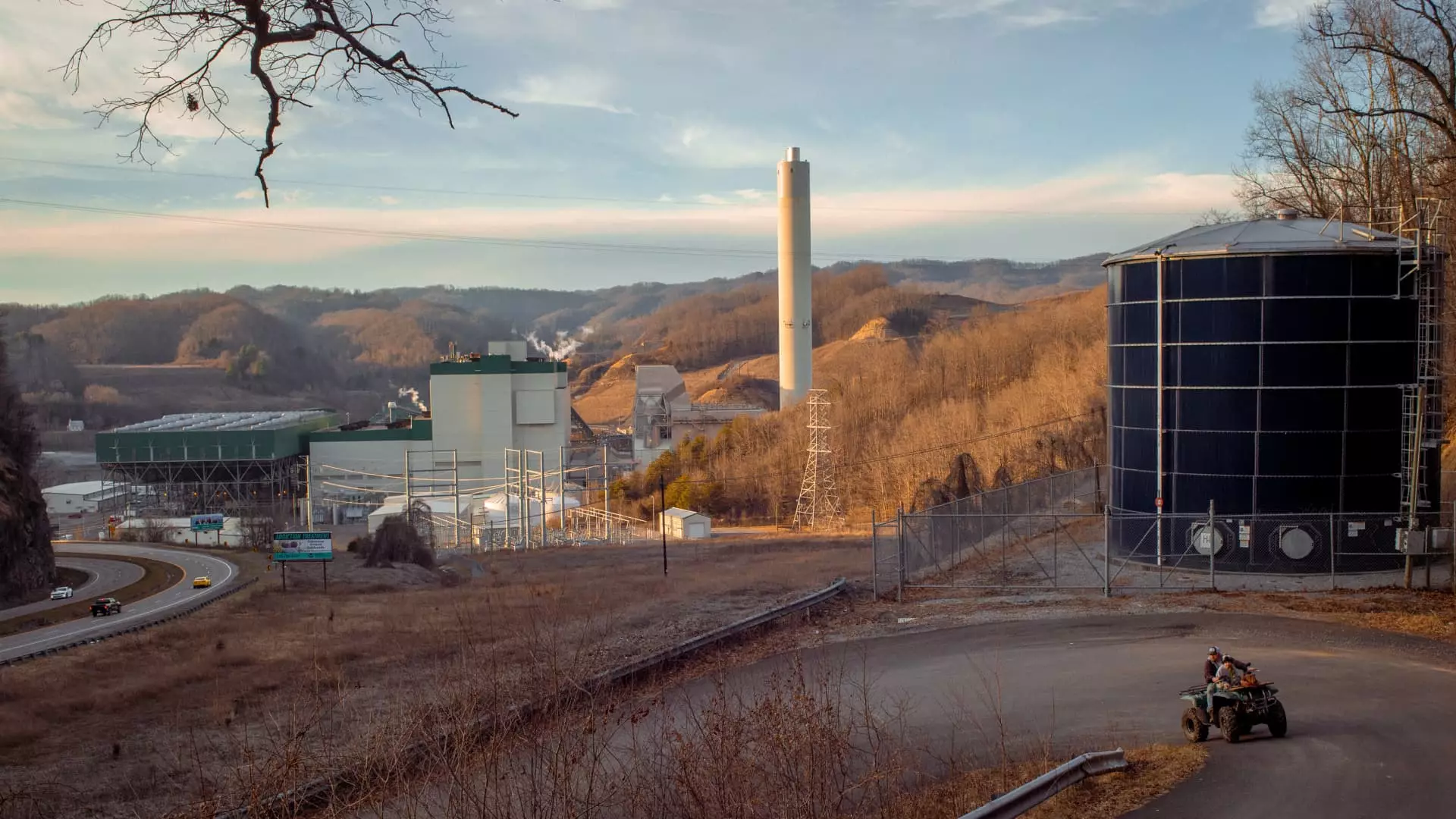Dominion Energy is forging a path into the realm of small modular nuclear reactors (SMRs), an innovative take on traditional nuclear power that promises to address both energy needs and carbon reduction. Recently, Dominion has entered discussions with several technology companies, following a formal agreement with Amazon to investigate the potential for SMR development. Dominion’s CEO, Robert Blue, expressed optimism about these partnerships, noting that collaborations with significant energy consumers can catalyze the growth of this promising technology. As the world grapples with climate change and the urgent need for reliable energy sources, the evolution of nuclear technology presents a viable solution.
Virginia stands out as one of the most nuclear-friendly states in the United States, boasting strong bipartisan support for advanced nuclear initiatives. This supportive environment is crucial for utilities like Dominion Energy to explore the development of SMRs, which are designed to generate around 300 megawatts of power at a time. Dominion’s plans to potentially site a small reactor near their North Anna facility could leverage Virginia’s existing nuclear infrastructure, positioning the state as a hub for the next wave of nuclear innovation. This regional enthusiasm for nuclear power acts as a springboard for collaboration with major tech companies, all aiming to secure long-term, low-carbon energy solutions.
The alliance between Dominion and large tech enterprises is driven by the increasing demand for reliable, carbon-free electricity, especially as the appetite for data centers rises. Northern Virginia serves as the largest data center market globally, presenting a unique opportunity for Dominion to offer innovative energy solutions tailored to this burgeoning sector. Notably, Amazon’s acquisition of a Pennsylvania data center campus powered by the Susquehanna nuclear plant indicates a serious commitment from these tech giants toward sustainable energy sources. Additionally, companies like Microsoft and Google are also engaging with traditional nuclear facilities and startups, respectively, emphasizing the tech industry‘s shift toward nuclear as a cornerstone of their energy strategies.
Small modular reactors offer several advantages over traditional nuclear power plants, such as reduced capital costs, expedited deployment, and a smaller physical footprint. These attributes not only make SMRs easier to site but also enhance feasibility in a variety of locations, potentially leading to faster implementation of nuclear energy solutions. However, despite the clear benefits, the technology has yet to achieve commercial viability in the U.S. market; as of now, no operational SMR exists in the country. Addressing regulatory hurdles, manufacturing challenges, and public perception will be pivotal in bringing this technology from concept to reality.
As Dominion Energy explores its partnership with Amazon and other tech companies, the future of small modular nuclear reactors hangs in the balance. The conversation has begun, but much work remains to ensure these innovations transition from theoretical frameworks to operational reality. Continuous dialogue between utilities, tech corporations, and regulatory bodies will be essential to overcoming existing barriers and harnessing the potential of SMRs. The next few years may prove crucial for determining how effectively America can integrate advanced nuclear technologies into its energy portfolio and its commitment to a sustainable, carbon-neutral future.

